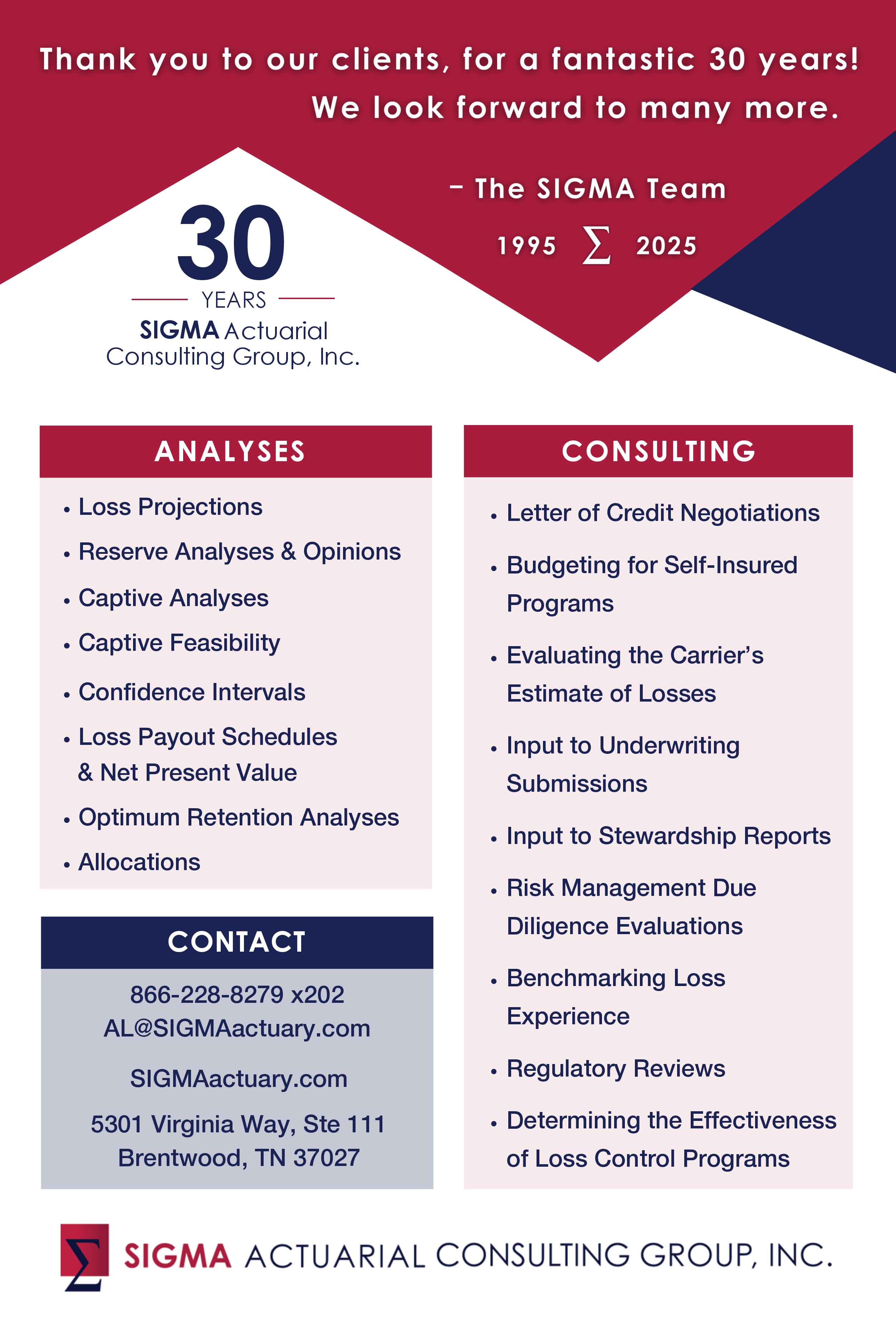The upcoming court case of AstraZeneca Insurance Company versus XL Insurance (Bermuda) and Ace Bermuda Insurance will have far-reaching implications for reinsurers worldwide.
Several lawsuits were brought against the London-based pharmaceutical company AstraZeneca and one of its products, an antipsychotic drug named Seroquel.
It was alleged that Seroquel, used to treat schizophrenia and bipolar disorder, had caused diabetes, and in some instances sudden death, in its users.
Before the suits, the drug had sales of $5.3 billion and was the company’s second-biggest seller behind cholesterol-reducing drug Crestor.
Without admitting wrongdoing, AstraZeneca settled over 28,000 claims in the US, paying out approximately $25,000 to each patient to the grand total of $647 million.
The company also agreed to pay $520 million to settle a suit brought by the US federal government, which claimed that the drug had been illegally marketed to be used for anxiety, sleeplessness and post-traumatic stress disorder (PTSD) — for which the US military regularly prescribed it.
AstraZeneca Insurance Company, the pharmaceutical giant’s captive, reimbursed the costs and then turned to its reinsurers to indemnify the claim.
However, its two Bermuda-based reinsurers, XL Insurance and Ace Bermuda, who have a potential coverage exposure of $200 million have both refused the claim on the grounds that the cases were settled, arguing that a court did not enter a liability ruling.
Lawyers said that the case would introduce new questions of reinsurance law, including whether there is a belief that under a liability, policy coverage is only for actual and not alleged liabilities.
Disputes over insurance policies are typically settled through arbitration, but this case will be battled out in the UK’s Commercial Court.





